Biography:
Dr. Lempert is the author of the first treatise on International Development Law (2018), the first textbook on national sustainable development planning (1996), the first work on Soviet legal culture and transitions (1995, two volumes), and one of the first neo-Malthusian models of political stability and violence (on Mauritius, 1987).
Dr. Lempert is a Ph.D. social (legal and development) anthropologist (U.C. Berkeley), and international human rights/sustainability/legal development lawyer and consultant (Stanford J.D. and M.B.A./public management) who has worked in 30+ countries on five continents for the U.N. system, the World Bank, EC, international NGOs (including WWF, IUCN, Amnesty International), community based organizations, universities, foundations, and governments.
He has founded and run the NGO, Unseen America Projects, Inc., pioneering democratic experiential education curricula at the university level globally, and the Southeast Asian Cultural and Environmental Heritage Protection Project in the Mekong Region as an approach to cultural heritage protection, tolerance and democratization. He has also promoted the International Red Book for Endangered Cultures and the Donor Monitor Project along with various indicators, measures and professional codes in human rights, governance and university disciplines.
Research interests:
Dr. Lempert’s theoretical work focuses on:
– measuring and predicting legal and political systems;
– measuring and predicting processes of change in political and legal cultures;
– measuring and predicting collapse and political violence;
– modeling political, legal and social systems and deep structures of power;
– measures of social “progress” and the ability of legal systems and cultural change to achieve it; and
– the social science of empires.
His applied work includes proposals for:
– model constitutions for cultural rights/federalism and for citizen oversight and power balancing;
– sustainable development plans;
– accountability of international development actors to international law;
– measures of progress in human rights;
– government restructuring for oversight, efficiency and sustainability;
– restructuring university disciplines and review procedures;
– field and clinical curriculum incorporating democratic education and student-run policy projects at the university level;
– cultural rights protections, identity, and promoting historical pride and re-examinations;
– cultural and environmental heritage protection and tourism promotion;
– diaspora bridge centers; and
– professional ethics codes.
He is fluent in English, Russian, Spanish, and Vietnamese and has a working knowledge of French, German, and Portuguese as well as some basic ability in other languages.
Website






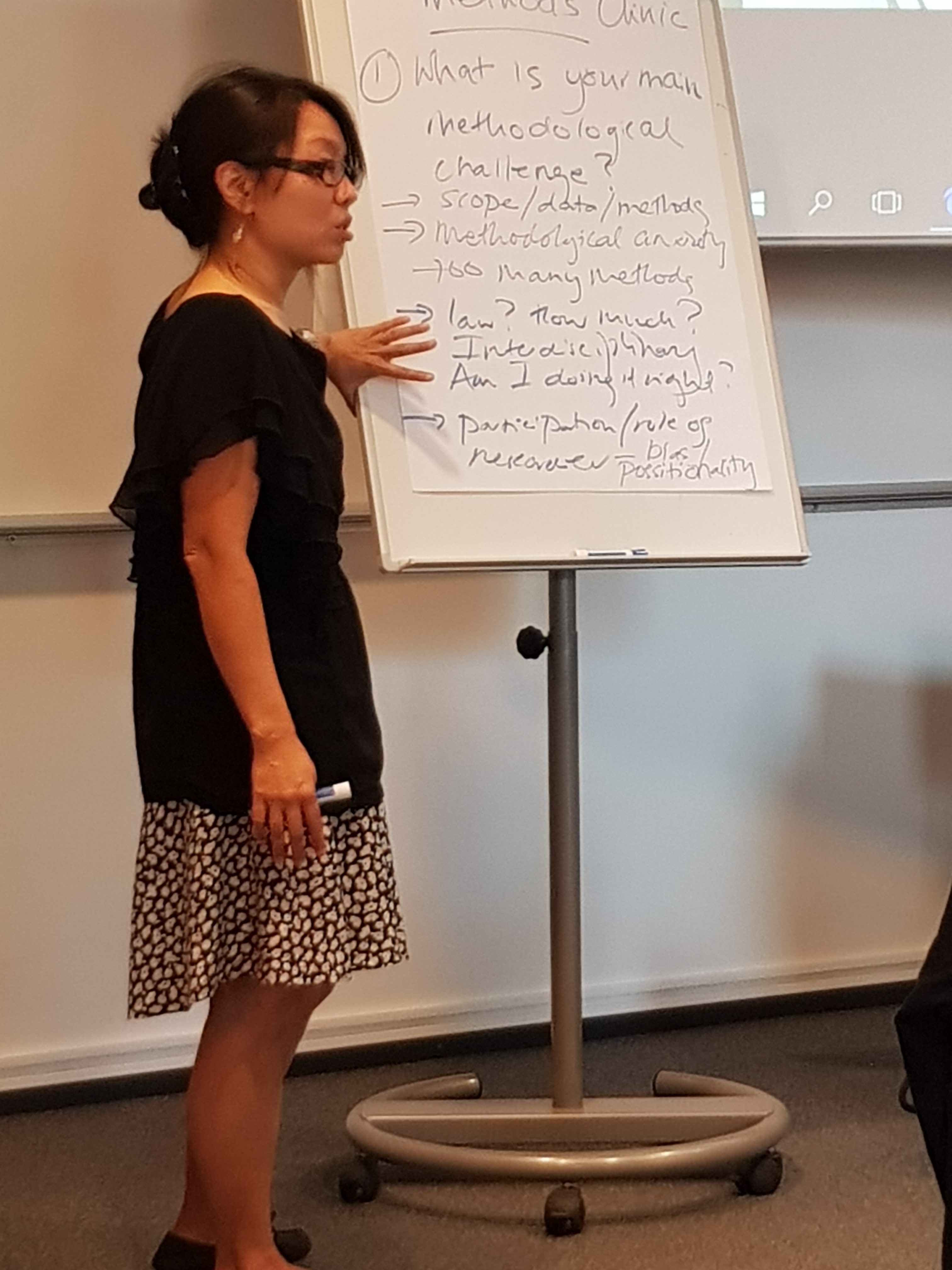

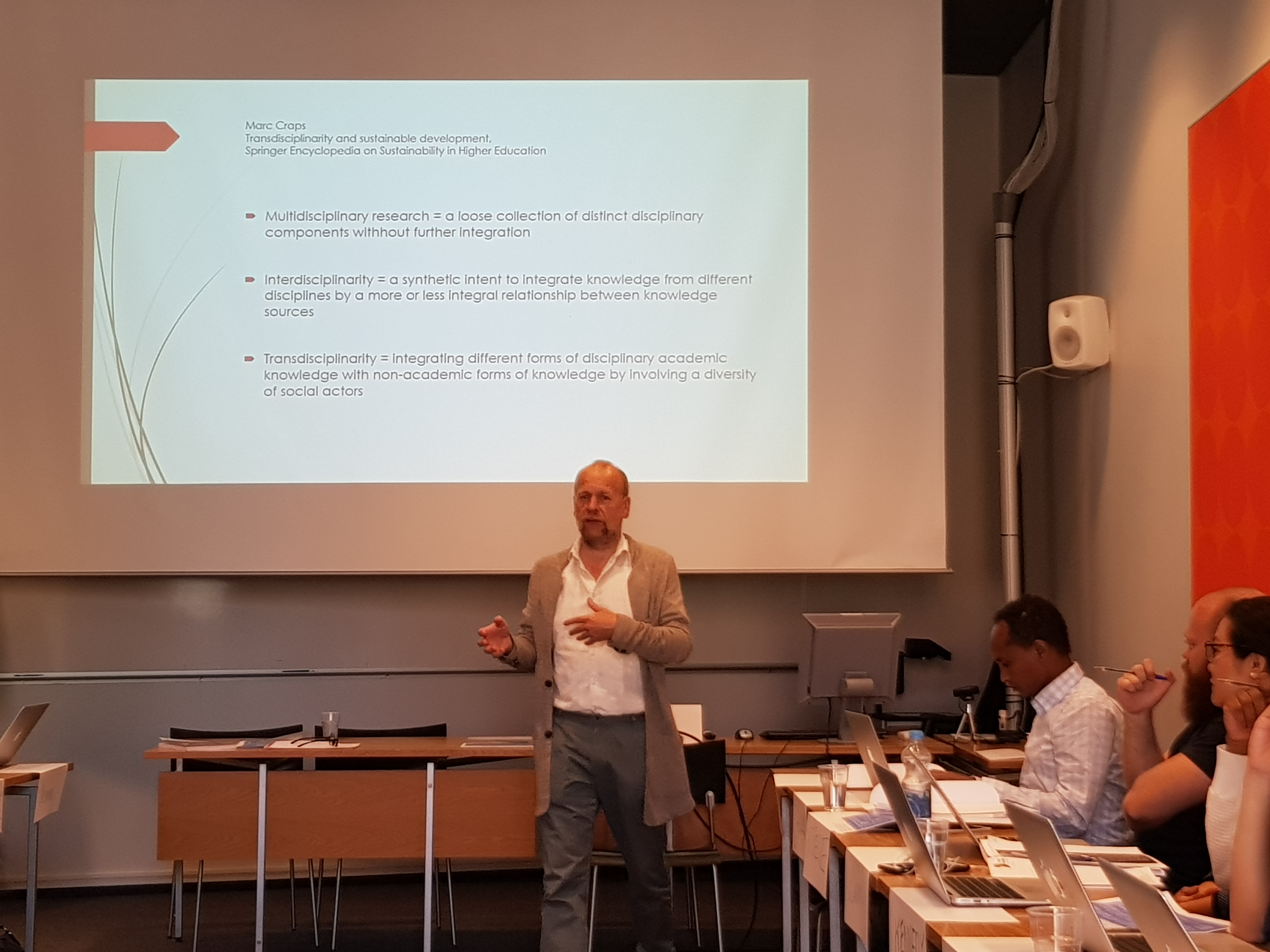
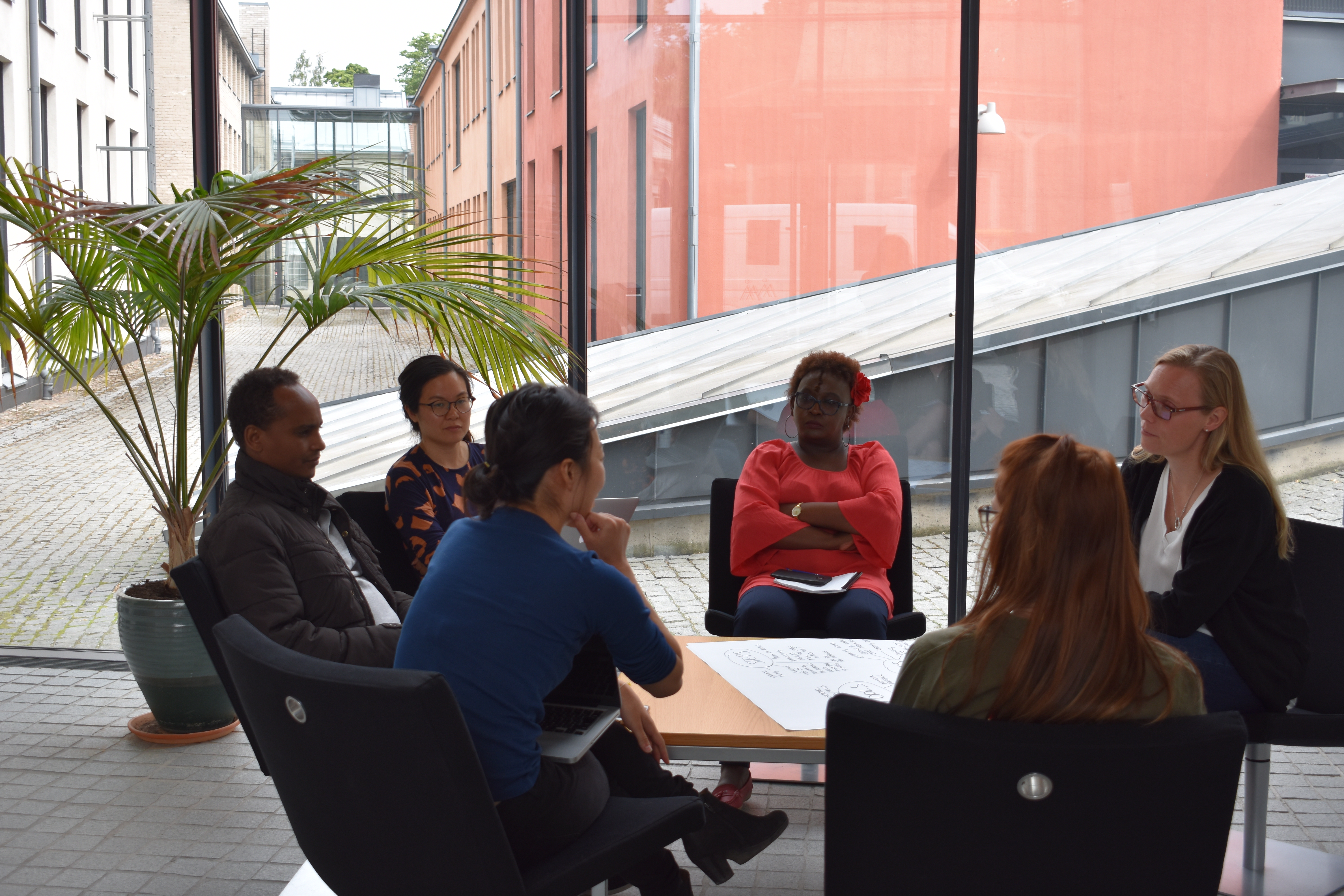
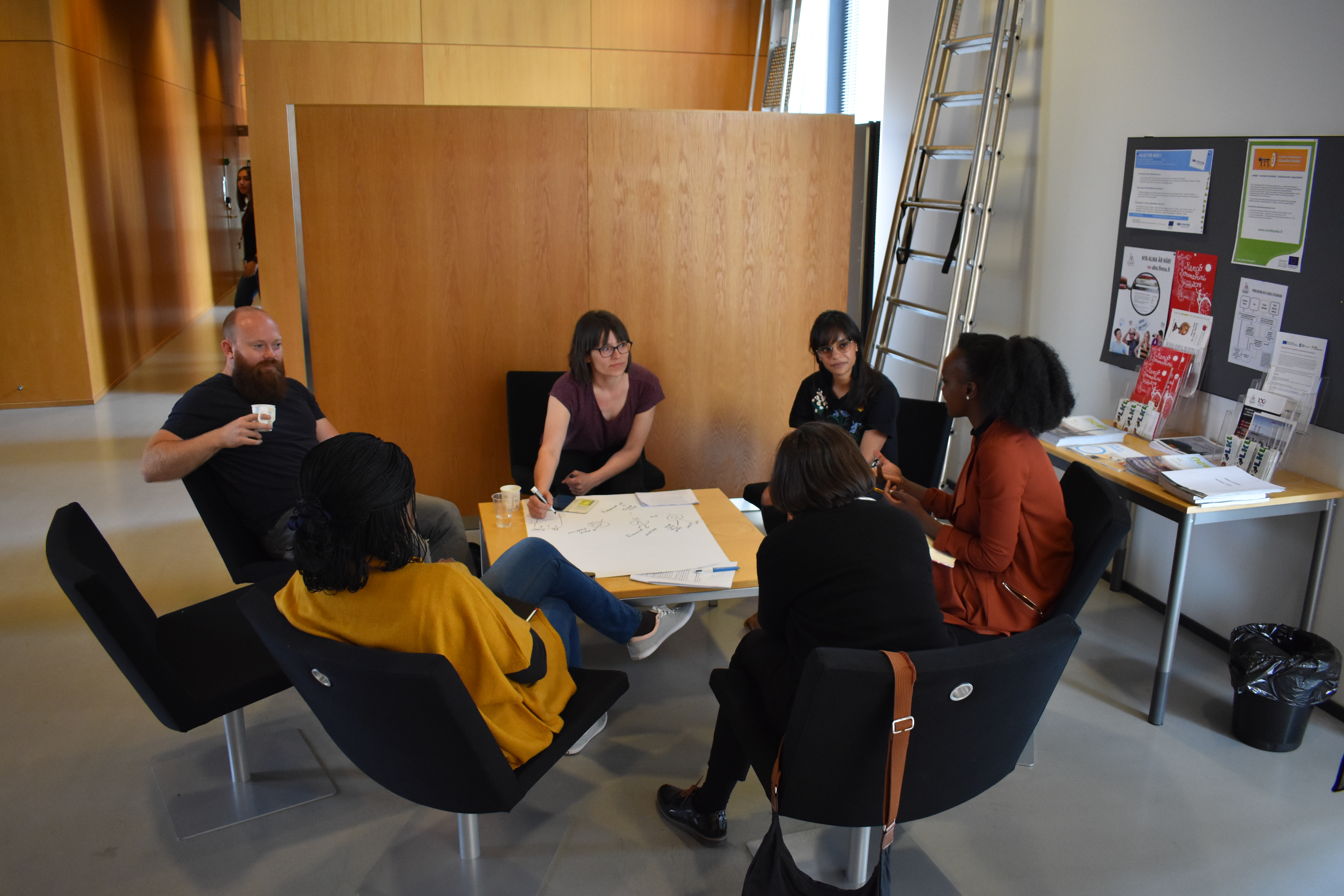
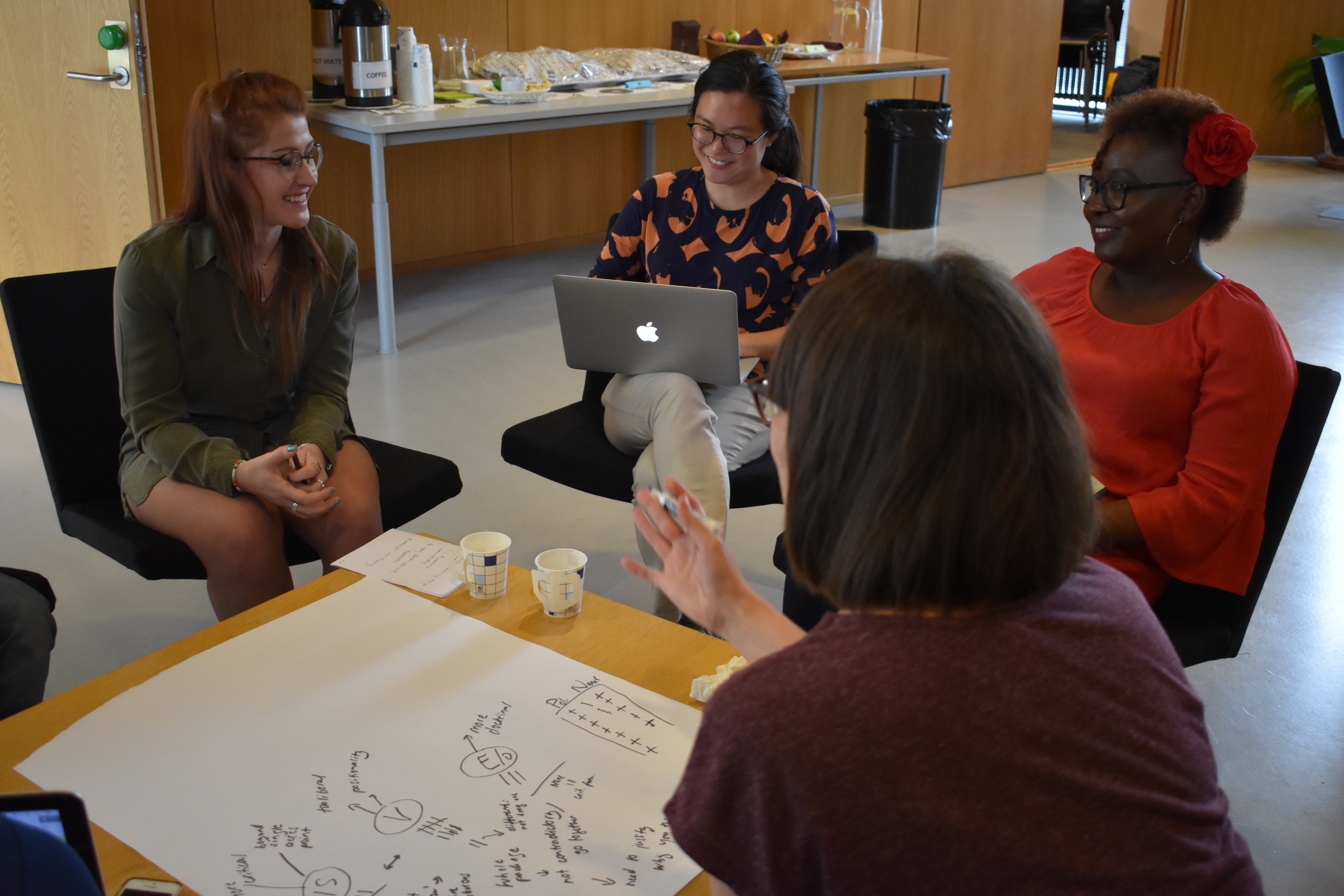
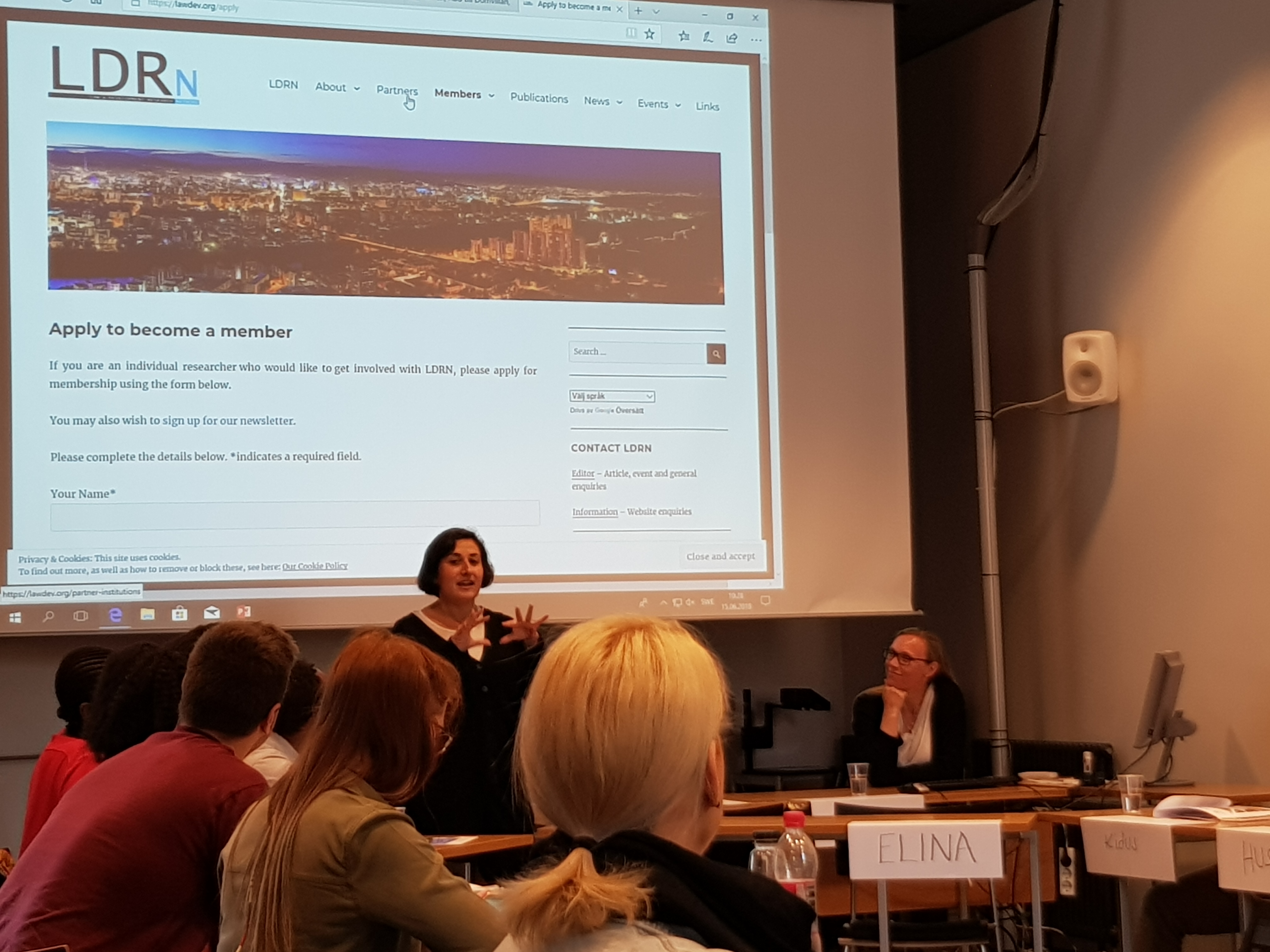

One thought on “Students tackle vulnerability & ‘methodological anxiety’ at first LDRn PhD School”
Comments are closed.